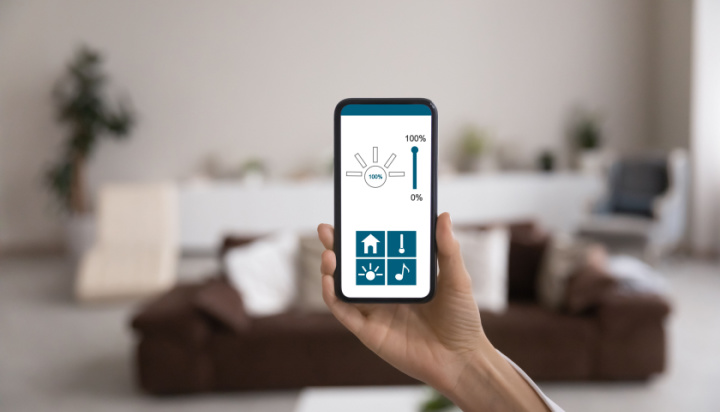Air conditioners and electric water heaters have been identified as some of the major contributors to high energy consumption in households
Air conditioners and electric water heaters are two common household appliances that often go unnoticed when it comes to energy consumption. However, recent findings reveal that these devices can significantly contribute to high energy usage in homes.
Air conditioners are notorious energy guzzlers, responsible for a substantial portion of electricity bills. On average, air conditioners consume around 216 kilowatt-hours (kWh) per month, costing homeowners approximately £30.
Similarly, electric water heaters are also heavy consumers of energy. These appliances consume around 47kWh per month, resulting in an additional £7 on energy bills.
With the increasing demand for hot water in households, particularly for bathing and dishwashing, electric water heaters can account for a significant portion of overall energy consumption.
The UK Government, as part of its broader long-term commitment outlined in the Autumn Statement, has announced plans to achieve a 15% reduction in the country’s final energy consumption from buildings and industry by 2030, compared to the levels recorded in 2021.
Knowing which devices consume the most energy could empower people to make informed choices and conserve energy.
Other significant energy-draining culprits include pool sweep pumps (101 kWh; £14) and electric cars, which consume 110kWh per charge, totalling £15.
Dishwashers emerge as one of the most energy-consuming appliances in the kitchen, utilising an estimated 65.1kWh of energy per month and costing approximately £7.1.
Clothes dryers (65kWh; £9) and dishwashers (26kWh; £4) are also notable contributors to our energy bills.
Furthermore, energy experts emphasise the significance of devices that continue to consume power even when not in use.
Taking the proactive step of switching off unused devices and disconnecting chargers when they are idle can effectively minimise unnecessary energy consumption.
Investing in energy-efficient appliances plays a pivotal role in reducing overall energy usage.
Upgrading to newer models for power-intensive devices like air conditioners, water heaters, and washing machines can yield substantial savings.
Simple changes in behaviour, such as opting for cold water when doing laundry, also contribute significantly to reducing costs.
SOURCE: 
To view original article, click here.

